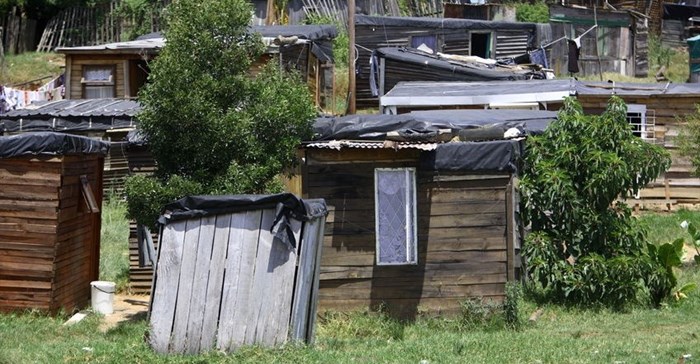According to the Institute of Race Relations (IRR), the state has provided more than 2.5 million houses and a further 1.2 million serviced sites in the past 21 years.
Despite this, the housing backlog has grown from 1.5 million units in 1994 to 2.1 million units today. In addition, the number of informal settlements has expanded from 300 in 1994 to the present 2,225
Bruce Swain, MD of Leapfrog Property Group, believes that the issues surrounding government's housing project are well known; the backlog keeps growing with only around 118,000 houses being constructed per year. Many of these are of sub-standard quality and badly located, despite the fact that the housing subsidy has been increased to R160,500 per household - leading even those in power to refer to them as 'incubators of poverty'.
"The situation is further compounded by the fact that the astounding backlog at the Deeds Office also means that thousands of housing beneficiaries have not been given the title deed to their property and, as such, cannot sell it or use it as collateral to obtain a loan (which could be used to send their children to university, for example)," says Swain.
Complete reform needed
Taking these issues into account, the IRR is calling for a complete reform of the housing situation, advocating for government to move to a system of housing vouchers that would be provided directly to successful applicants who, it argues, could use it more efficiently. According to the report these vouchers could only be redeemable for housing-related purchases and would go directly to the ten million odd South Africans between the ages of 25 and 35 who fall beneath a certain earning ceiling. The IRR proposes that beneficiaries will receive these vouchers for a period of 10 years and can be used to build/improve homes or to obtain and or pay off a mortgage.
Swain agrees that maintaining the current course is untenable and that the IRR's proposal is a good one. "The wheels of government tend to turn slowly, but I believe that it is time to rethink the housing scheme in South Africa."
While transferring a housing subsidy directly to a beneficiary will certainly lead to economic empowerment for some, not everyone will necessarily have the same access to trustworthy builders or know how to manage the subsidy properly. "There likely isn't a single solution that will solve the housing issues. That being said, I do agree with the IRR that making people responsible for their own homes is certainly a significant step in the right direction," says Swain.




































